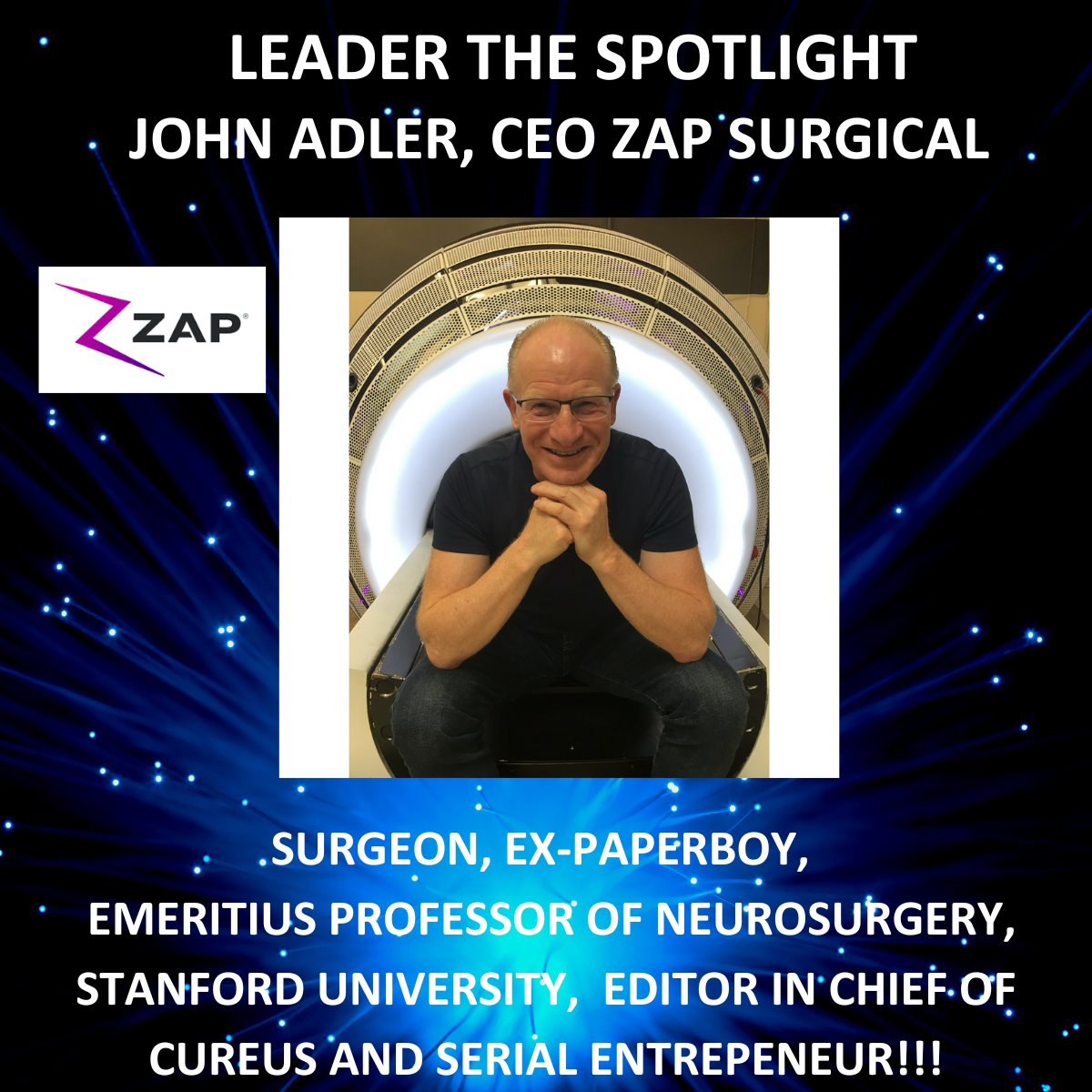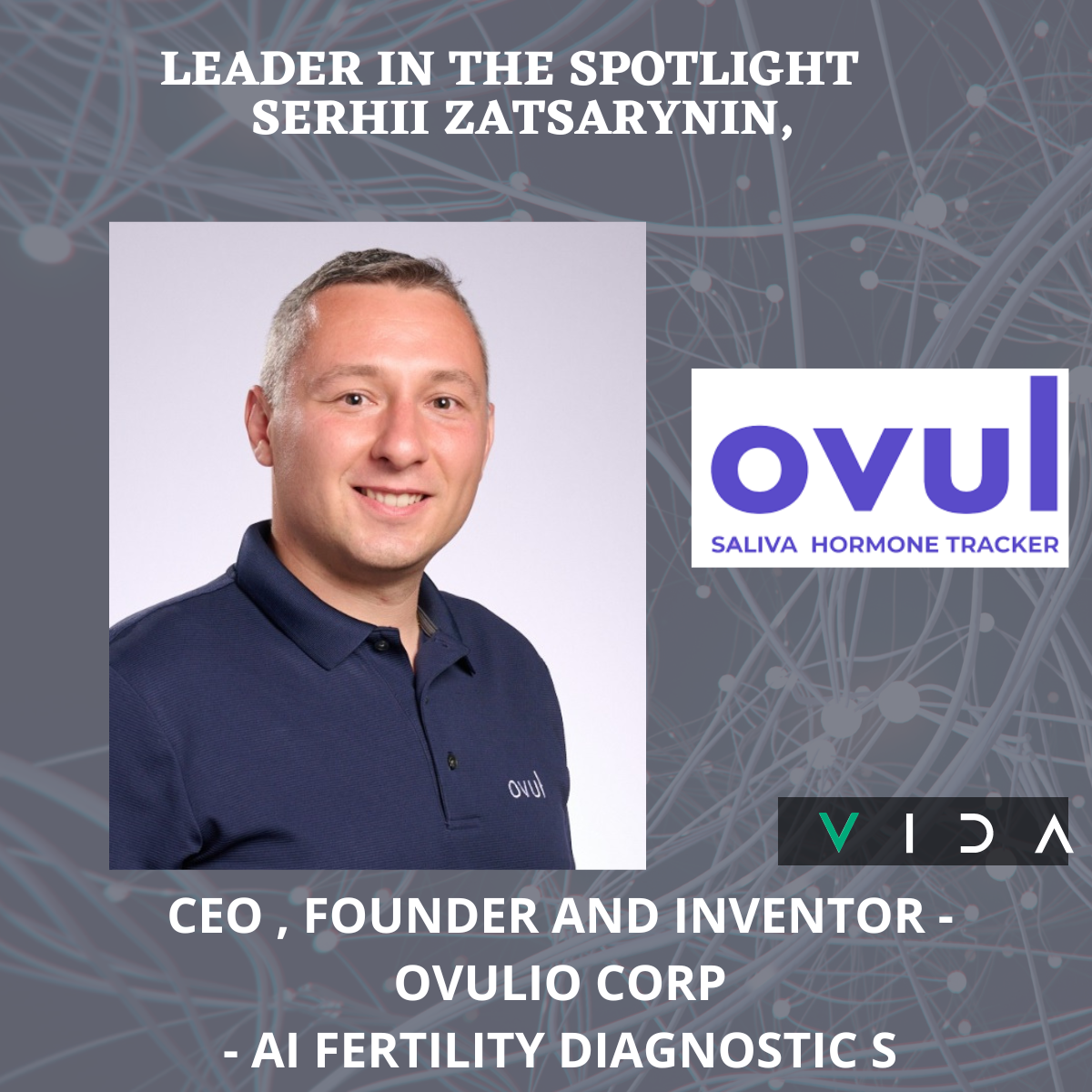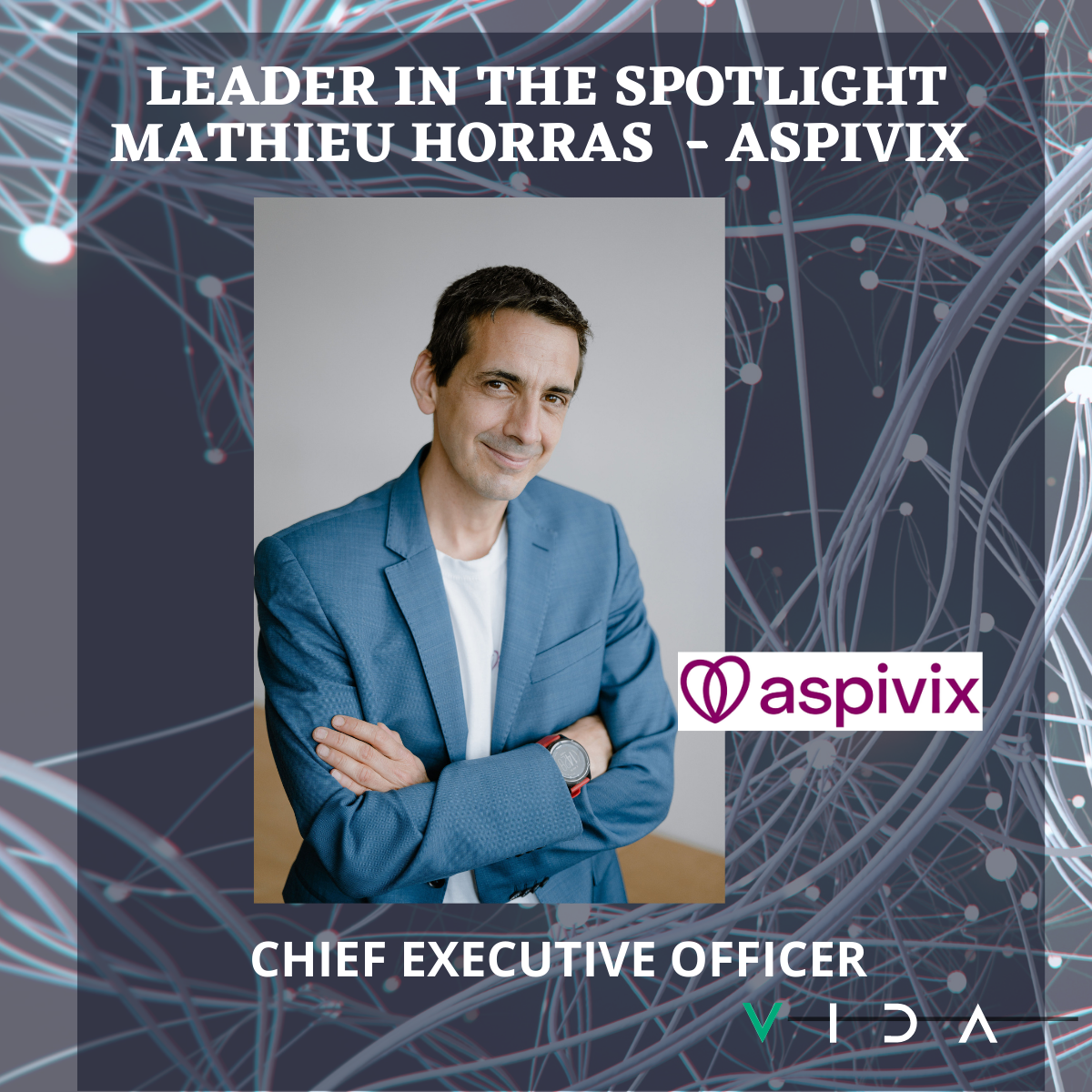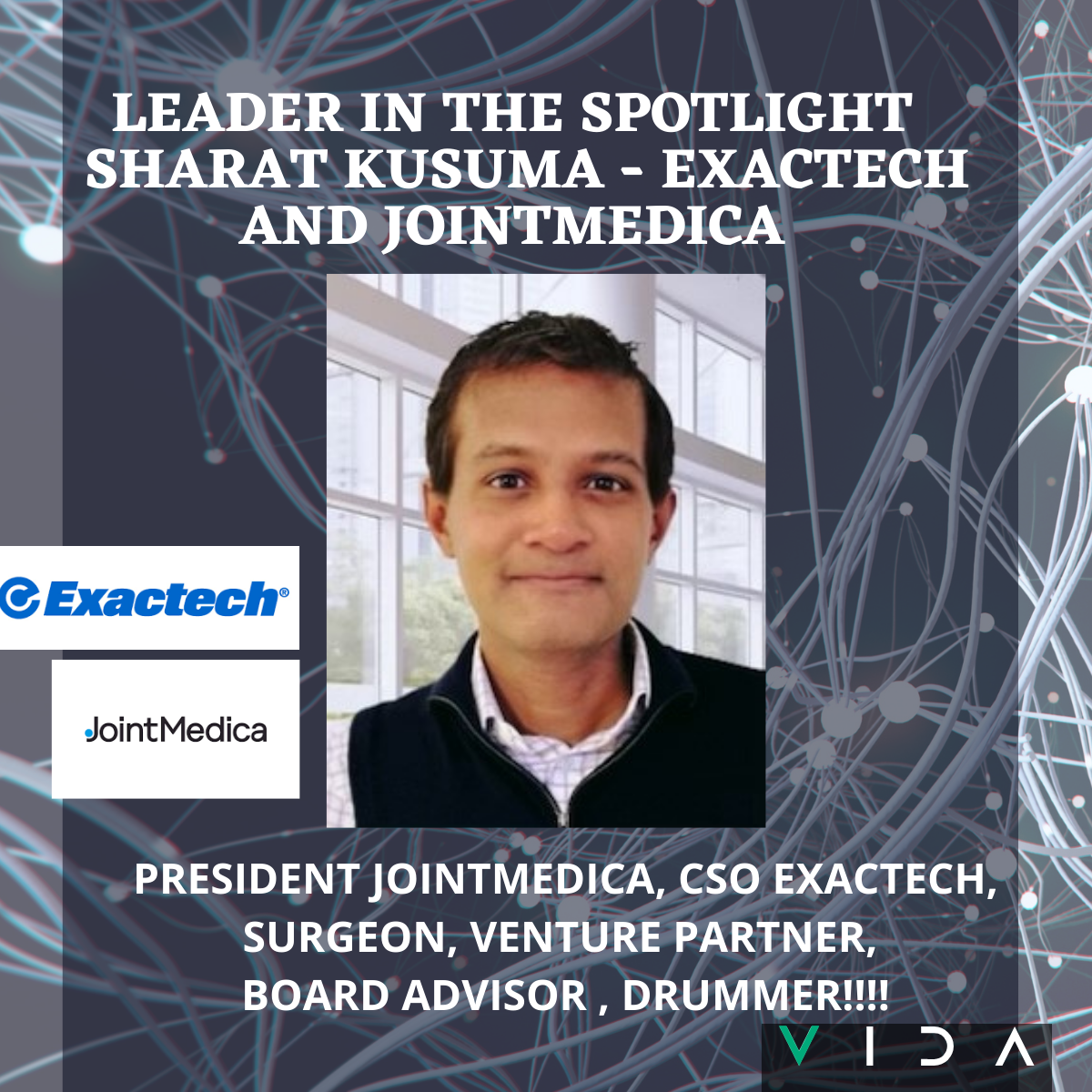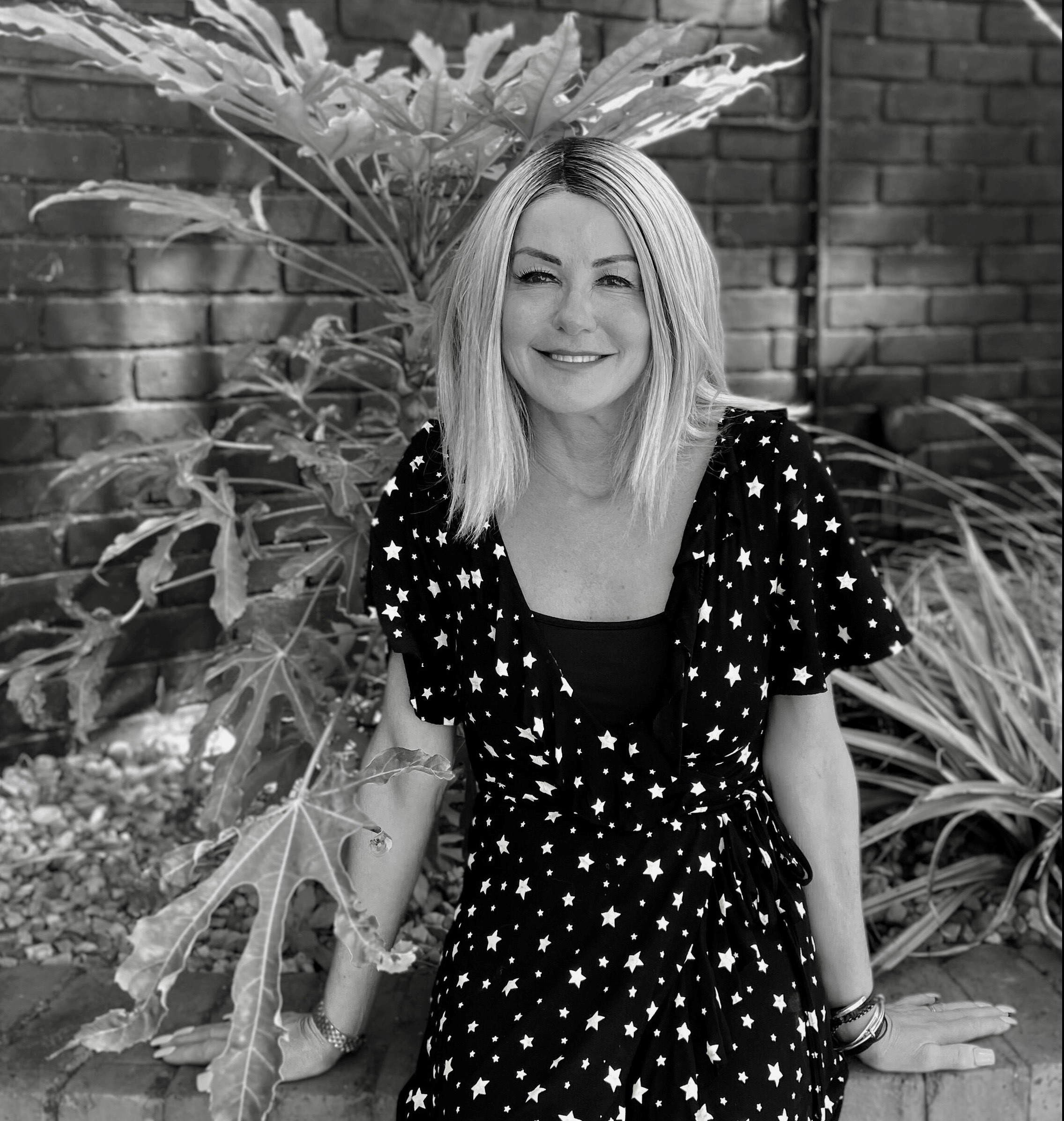
POSTED BY
Liz Moyles
HILA GOLDMAN
ASLAN - CEO & CO-FOUNDER DiA Imaging (acquired by Philips)
ENTREPRENEUR, VENTURE INVESTOR , AI SPEAKER
I had the great privilege of speaking with Hila Goldman-Aslan this week. Hila is someone who I think is exceptional in so many ways. She is super intelligent, she has done and achieved so many amazing things, she is insightful, modest, honest, down to earth, determined, super beautiful and a lovely person too!
Hila may make it all look easy but as she shared with me, her path to success has been far from easy with many bumps and lumps along the way, numerous sleepless nights and a roller coaster of anxiety.
In this interview we talk about the magic of start-ups, the hard knocks, the times as a CEO when she has been close to running out of money and not knowing if she could make payroll, glass ceilings, getting told “no, no, no” repeatedly by investors, learning to ask why, learning to listen, how her first 2 start-ups didn’t work and had to be closed , sleepless nights , resilience and selling her business to a strategic amongst many things. This is an amazingly insightful interview – I learned a lot and I hope you do too.
I asked Hila if she would agree to tell me about her journey so that others could take learnings and inspiration from her story.
I learned so much from Hila and my admiration is only greater for the time we spent together. She is a mum, wife and passionate advocate of females in Health Tech and Medtech and female leadership. And she never stops ……. !
- So who is Hila ???
Briefly for those of you who don’t know much about Hila, she co-founded DiA Imaging Analysis and led the company from the ideation stage, through to proof of concept, product development, building a team, raising capital, forming partnerships with strategics like Philips, GE Healthcare, Konica Minolta and others. She sold DiA to Philips and is currently helping to integrate DiA into the Philips Group. - Hila, great to speak with you again. You probably know I love to start all these conversations by asking how you got into MedTech. Was this something you always dreamed of doing from being a teenager or was it happen chance?
No – I never thought about becoming anything in particular. My parents divorced when I was very young. It was amicable. I saw my dad regularly, but I grew up with my mother. I think my mum and my aunty were my inspiration when I was young. They are both incredibly strong independent and successful businesswomen.
Both my dad and mum were very independent – My dad has his own jewellery business and my mam had her own business; she ran 2 centres for children to practice and learn yoga, aerobics and jazz. My aunt, who left Israel at the age of 18 to move to the USA, was also a really key person in my life. She set up a very successful diamond business in America – so when I grew up, I had 2 very strong females as my role models.
I didn’t know what I wanted to be when I finished university, but I knew I had to do something which I owned and drove. I had to work on, and in, something that was mine.
However, when I was younger, I never knew about things like “glass ceilings”. Naively, but maybe thankfully, I hadn’t grasped how rare it was for women to become successful entrepreneurs, or to hold leadership or C suite roles. - So what was your route to Medical Devices – how did you end up here if this wasn’t your destination?
I actually studied a Master of Law at Tel Aviv University, specializing in Commercial Law. I also took a dual bachelor’s degree in Law and Business Administration. I knew I wanted to do Business, but I only picked law because I could do it in parallel with Business. It was an option that was made available and at the time, I thought “why not do both whilst I’m studying?”.
It turned out to be a great choice because it taught me how to have a business head and how to get things done.
As I finished my bar exams, I took an internship at a Law firm where I worked on IPOs, and investment, representing clients from cutting edge technology companies and VCs.
It was a critical point in my life because I realised, I didn’t want to be advising companies; I wanted to be on the other side, to be one of the companies raising money in order to bring amazing technologies to the world. I wanted to be an entrepreneur, (although I never realised or thought of the word at the time).
I looked to the start-up world, which as you know is prolific in Israel. I was searching for a company who would take a risk and hire someone with little other experience than a legal background. I looked for a startup that had large ambitions to grow and I found one. I quickly became the right-hand person to the CEO and I was only 25 years old. That’s when I got the first taste of working in a start-up and I was hooked. - So how did go from working in a Start Up to actually leading one ?
One of my colleagues told me about his cousin who worked in the Agricultural Institute and who had developed a concept for a technology for a gene therapy solution. This immediately interested me, and I agreed to meet his cousin. The technology seemed really convincing, so I spoke to the Institute to learn more and see if somehow, I could get involved. They explained that they helped their alumni, their innovators, to commercialise by giving them a 6-month option to allow them to find their own investors and then license the business.
So off we went, my colleague and I and pitched to lots and lots of investors, and eventually we were successful and secured enough funding to start our own first company in Gene Therapy.
Sadly, it lasted only 3 years. We were doing well, and we got to the stage where we needed to raise further money for the next phase of innovation, and then boom! It was 2008 and the recession hit. Funding dried up and we had to close the company. It was so sad.
I learned a lot. - I am sorry about that Hila. It was a bad time for many, and yet despite that setback you clearly didn’t let that stand in the way! What happened next?
By that point, I was hooked so I went off in search of another start up and another idea I could believe in. My hunting ground, where the talent and innovation was, and still is, is in the universities. My next start up was for an invention by a very well-known Israeli Professor. It was an idea in the security space. I negotiated with the University and built a team, got government funding and funding from others and we set off.
After 8 months we came to a technological barrier we couldn’t surpass, so we gave back the funds to the investors and had to close. I accepted this closure easier than the first. The first start up could have made it, if we ‘d had the funding. This one simply stalled because the technological advancements we needed weren’t available and we had no means for developing them. It was sad but we worked hard and made sure we repaid every single penny we got from investors and, it was some of those investors who subsequently went on to invest in my third start up DiA Imaging!!! - So this was start up number 3. Did you never think of giving up and getting a salaried role – working for someone else?
Bizarrely not. At least not for long. I had many opportunities, but I had the creative hunger in me. I got a call from a contact who said “Hila , you’ve got to come and see this”. So off I went. My third strike was definitely 3rd time lucky, and I met Michal Yaccobi, an amazing person. For me the technology, the idea, it was love at first sight. When I am evaluating potential ventures, I look at the technology, the team and the adventure. DiA Imaging was something I knew nothing about- Ultrasound, AI, Imaging, Diagnostics. I wasn’t looking for MedTech – it found me! - So MedTech found you and 10 years later you are still in love with it. What lessons have you learned from being in start-ups and leading them?
I, like all CEOs in start ups, have been through the ups and downs and I learned that the “stories” I heard about start-ups weren’t stories. They are true.
It is stressful, it is long hours of working, working weekends, nights, living on the edge and living with instability. I became very resilient. I heard so many “no’s “. “No, no, no”….. I learned not to take it personally, but to get up, learn and move on.
The Start-Up journey is a journey – there are happy moments and it is those that keep you going to the next milestone e.g. the first FDA, the first partner, publication, customer, first million dollars revenue, first VC investors. These happy moments help you survive the slog in between. The sheer hard work, the knocks.
The magic of start- ups is you learn something new every day.
Some of the hardest parts are when you are so very close to running out of money and not knowing if you can make payroll, or when you are so close to a major commercial agreement and at the last minute it disappears, or when the person you thought was a great hire, isn’t. Some things are mistakes and some things are life. - You said you learned not to take it personally. What was it like getting the first few “Nos”?
When this happened, I was very young and I had lots of ambitions, so I took the “no’s” as “not now”, but with time, I learned to ask “why?”.
My next lesson was to “listen” and see how and if I could fix the reason for the “no”.
By listening to the “why” I learned to change the business model, the idea, the presentation – sometimes however, it was just the wrong idea for the time, the VC or investor.
I didn’t take it personally even when it may have been because I was a woman pitching an idea and leading a company. - Taking that last point a bit further Hila, how important is it for people to see more and more women in leadership positions?
I think its hugely important for women and men to see women in high positions as this will encourage more women to aim for the same and maybe get them thinking about starting their own companies.
When I started out, I didn’t see many female-led companies within VC portfolios; in fact, in most cases there were none at all. Then, and in some cases still now, many investors want to invest in people like them. At the time, most investors were men. That’s why it is so important to have women investors and women in leading roles in VCs.
I feel that in the last 10 years there has been a change. I see more female led start-ups in VC’s portfolios and I hear that many more VCs are putting this as a target/ KPI on their agenda. However, we are still far from a 50% -50% portfolio split. - Going back to DiA Imaging – why did you feel so drawn to it ?
It was because the idea, was not a “nice to have”. It was solving a real problem. It was “a need to have”. When we sat down initially, we got even more excited. We plotted out a roadmap and we could see how the concept could expand to many more use cases and ultimately have so much impact on the health of people.
Over the years we made many changes to the original concept and the landscape changed too. At first, we were dealing with large echolabs and dedicated users. Time changed and so did technology and users. We were suddenly working with ICUs, POC, Ambulances, ASCs, and internal medicine. This meant we could pivot in many directions and as we know “AI” changed too. When we started working with AI it was very different to the AI of today. It was a big game changer. - What was it like to get the first FDA Approval at DiA?
It was an amazing moment, and I genuinely can say when we got our first FDA approval, that was when we knew we were onto something big. Ultimately, we went on to have 9 FDA 510 (k) approvals. - So it must be very mixed feelings for you to have sold DiA Imaging to Philips. It must be like trusting your son or a daughter to their spouse. You’ve invested so much into their development and now you have to let go and trust. How does it feel for you?
Until we got the offer from Philips, I was going to take DiA all the way. I wanted to raise more money and go for my next ‘happy’. I wanted to scale DiA and take it to the $10s of Millions – I wanted to make it bigger and enter new areas.
However, the conversations with Philips were great and I knew this was the right move for DiA. Together, Philips and DiA.
My legacy is to leave DiA successfully integrated into Philips in a way no other integration has ever been managed. I owe it to DiA and the team. I want it to be a blueprint for how integrations should be managed.
Philips have kept the team together and shortly we will be in a position which has never been achieved in this space, which is……… we will have been acquired, successfully integrated and will have released a new flagship product to the market, and all within a year. I feel that "my baby" is in safe hands with Philips. I am proud and happy. - What do you tell your children when they ask for advice about work?
I tell them to choose something that will make them happy, where they can accomplish their full potential. My son who is 17 said, “mum- you’ve set us a very high bar to achieve if we are to compare to you”.
I just said to him “you don’t need to compete and you shouldn’t. I want you to be happy in your own way”. I told him, “What happened to me wasn’t planned, it wasn’t a goal. It happened because eventually, I learn and realise what it is that ‘keeps me going’ and leads me to be ‘all-in’ but I had to work at it . I didn’t have any obvious talents.”
I say to all 3 of them “be consistent and try your best, be ‘all- in’. Do something, achieve a task, and do the next step; be consistent before you think of giving up but don’t be afraid to pivot or change”.
A combination of determination and passion have always guided me in achieving goals both personal and professional. I'm a passionate speaker, creative "doer" and I love to get the job done.
My children know it’s been hard. It has been hard for us all. As a CEO or founder in a start-up – your family also make many sacrifices. - So what next for you Hila?
My daughter asked me “mum what are you going to do? Are you going to start to go to sculpture or dance classes?”. When my sons heard that, all they said was “even if mum did do that, she wouldn’t last. That’s not mum. Her hobby is business. Mum loves to innovate and produce”.
All In can say is , the future is exciting, and I know I won’t be retiring any time soon! - Hila – wow – what a truly amazing interview and thanks so, so much. This will be so invaluable to aspiring C suite individuals, aspiring first time CEOs, and also existing CEOs. There is so much to realise and learn in this piece! Thanks for sharing so transparently and good luck and enjoy your next adventure!
